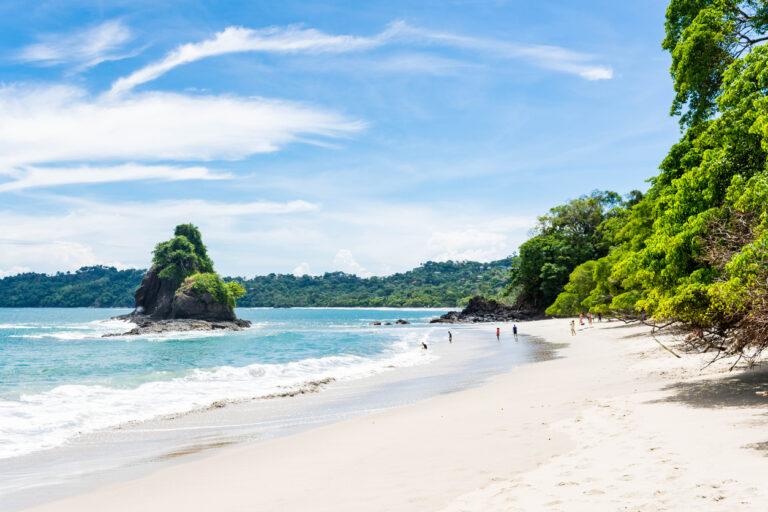On Aug. 11, Costa Rica President Carlos Alvarado signed into law an initiative that will create special visas for digital nomads.
The program will allow foreign remote workers to stay for up to one year in Costa Rica, with the option to stay for an additional year.
While in the country, digital nomads will be exempt from local income taxes and be able to open bank accounts. They will also be able to drive using a license from their home country.
Currently, foreign remote workers are required to enter the country as tourists and leave within 90 days.
“We welcome digital nomads to Costa Rica,” said Alvarado. “This is an incentive for tourism, employment and investment by digital nomads in the various regions of the country.”
To qualify for the new visa, which has the support of the Tourism Board, international remote workers will be required to:
- Provide proof of a stable monthly salary
- Obtain and maintain medical insurance for the duration of their stay in Costa Rica
- Pay a one-time visa fee
Individuals must prove they earn a sustainable remote income of at least $3,000 per month. Families must show they earn a minimum of $4,000 per month.
Other program specifics, such as the medical insurance coverage minimum and the amount of the visa fee, have yet to be determined. According to officials, it might be several weeks before these details are announced.

Tourism Minister Gustavo Segura said that Costa Rica’s warm weather, ample surfing and hiking environments and high-speed internet make it an “ideal destination” for digital nomads.
Segura also said that international remote workers will be “key to the rebound of the [tourism] sector” following the COVID-19 pandemic, noting that long-term tourists pour money into local businesses such as car rental shops, supermarkets, restaurants, laundries, salons and medical facilities.
Costa Rica will have a lot of competition in its quest to attract digital nomads, who have become one of the globe’s hottest tourism commodities.
Several other destinations, including Barbados, Croatia, Curacoa, Dubai and Estonia, have already introduced digital nomad visa programs, hoping to lure in some of the millions of international remote workers created by the pandemic.
Romania, Greece, Thailand, Indonesia, Cape Town and Sri Lanka have also announced plans to create digital visa programs in the near future.
Thanks to COVID-19, the population of American digital nomads increased by nearly 50% between 2019 and 2020, according to a study by MBO Partners.

